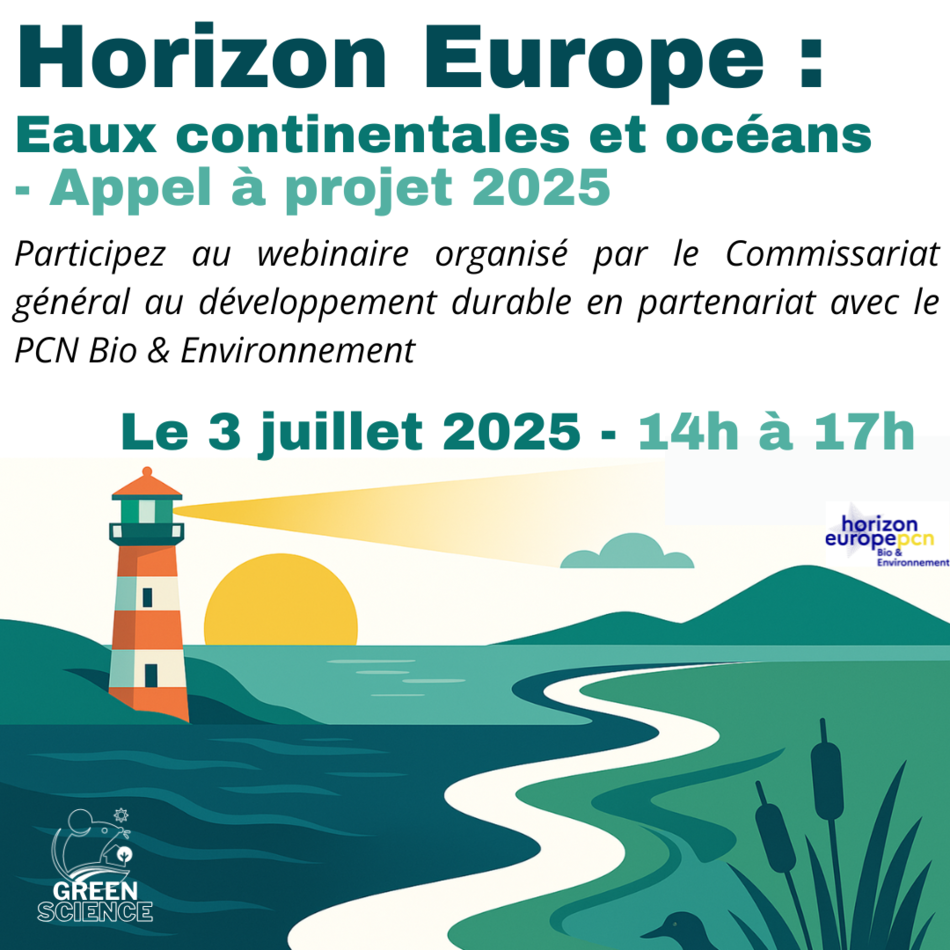Expected Outcome:
Project results are expected to contribute to all of the following expected outcomes:
- The knowledge base of climate-related farming practices is expanded, resulting in increased application of climate-neutral approaches;
- Different methods of climate-smart agriculture in plant and animal production are assessed and evaluated with all relevant actors involved; with all relevant actors involved;
- The involvement of and adoption by farmers of innovative / smart farming practices that mitigate emissions of greenhouse gases (GHGs) and that foster adaptation of the sector to climate change is accelerated. In the long-term, this will support a more substantial contribution of the farming sector to mitigation of GHG emissions and to carbon storage;
- Implementation of the EU carbon farming initiative, as presented in the communication on “Sustainable Carbon Cycles” [1] is supported;
- The involvement of Member States’ and Associated Countries’ agricultural knowledge and innovation systems (AKIS) in climate-related farming issues is increased, including through linking to national, regional and local projects under the European Innovation Partnership "Agricultural productivity and sustainability" (EIP-AGRI) and to research stations, with a view to wider dissemination and enhanced interaction within and across the Member States and Associated Countries.
Scope:
The conservation and enhancement of Earth’s natural terrestrial carbon sinks such as soils and plants, forests, farmed lands and wetlands is crucial. The European Green Deal gives research and innovation (R&I) a significant role to play in supporting the design and implementation of policies that will ensure the achievement of the EU’s climate objectives. Project implementation is expected to contribute to mitigation of and adaptation to climate change and help achieve climate-neutrality.
A wide adoption of practices contributing to mitigation of climate change and enhanced carbon storage by farmers is a priority to ensure that the EU reaches GHG mitigation objectives by 2030 and climate-neutrality for land use by 2035 and for the overall economy by 2050. Farming is also vulnerable to impacts of climate change; hence adaptation is of utmost importance. Mainstreaming the use of climate-smart practices has been recognised as a priority at the global level, including by the G-20.
The overall aim is to establish a three-level network in a phased manner over Cluster 6 work programmes 2021/2022 and 2023/2024. The first level is a network which engages front-runner farmers introducing on-farm trials and demonstration of innovations, using existing knowledge both in the EU and in Associated Countries (project “Climate Farm Demo”). The second level is a network to connect to all advisors on the subject in the Member States, building on achievements of Horizon 2020 projects and EIP-AGRI operational groups and the development of Member States’ AKIS, to ensure the provision of targeted advice. The third level of the network – the present topic – will engage and strengthen the capacity of experimental research stations on climate issues.
Proposals should:
- Network existing research stations involved in adaptation to or mitigation of climate change in agriculture, to create an EU network including all Member States and where possible Associated Countries and to stimulate effective cross-fertilisation among them;
- Exploit existing solutions and develop new ones through practice-oriented on-farm testing and demonstration in a co-creative approach with pilot farmers and their advisors;
- Collect and compare tool-kits for assessing GHG balances at farm level, monitoring of performance in reducing emission, decision-support tools, climate services, etc. for possible use also on average farms;
- Explore carbon farming techniques (as defined in the Communication on “Sustainable Carbon Cycles”) and their outcomes, also in terms of better farm management; analyse costs of carbon farming management practices and revenue possibilities as well as related risk and challenges; develop and/or test monitoring, reporting and verification systems; facilitate knowledge exchange and support tailored training and advisory services;
- Foster knowledge exchange within and among Member States and regions and establish links with the EIP-AGRI and Member States’ AKIS networks and coordination bodies;
- Include a task to collaborate with the project “Climate Farm Demo” funded under topic HORIZON-CL6-2021-CLIMATE-01-04 and with the project funded under topic HORIZON-CL6-2022-CLIMATE-01-03 “Demonstration network on climate-smart farming – boosting the role of advisory services”.
The project should operate for at least five years and build on the outcomes of the climate-related projects from various funding sources. The project must implement the multi-actor approach and may involve social innovation.
In this topic the integration of the gender dimension (sex and gender analysis) in research and innovation content is not a mandatory requirement.
[1] COM(2021) 800, 15.12.2021, https://ec.europa.eu/clima/eu-action/forests-and-agriculture/sustainable-carbon-cycles_en





